Chace: "I spend way too much on gear, but it’s never enough. Right now, I’m craving my own Korg PS-3100"
Becoming the first Chinese DJ to play Tomorrowland at only 17, Chace is an EDM savant. We find out more about his beat-driven approach to production
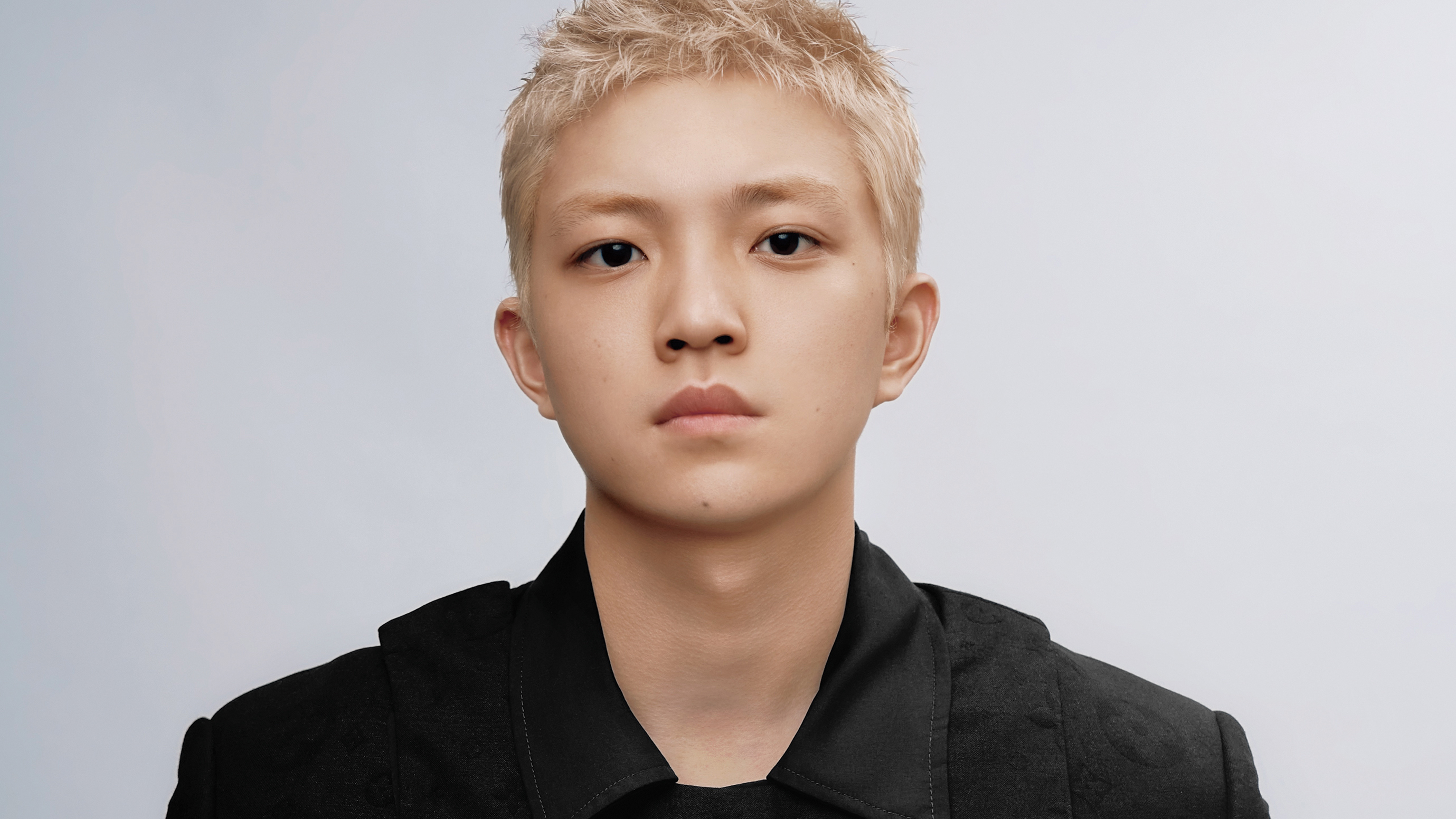
Want all the hottest music and gear news, reviews, deals, features and more, direct to your inbox? Sign up here.
You are now subscribed
Your newsletter sign-up was successful
Shanghai producer, DJ, singer and songwriter Chace (Zhu Yihan) was the first Chinese DJ to play Tomorrowland back in 2016. At the time, Dutch record production duo Yellow Claw told Mixmag, “for a 17-year-old to compose, write and even sing on all of his records like he does is just mindblowing. He is heading for flashing lights and stadium status, you’ll see”.
They were right. After recording the track Stranger with Yellow Claw, Chace has now played gigs across the globe including Festival X around Australia, Creamfields in the UK and the EDC Japan Music Festival. He released his debut album, Belated Suffocation, to critical acclaim at the end of last year, and looks set to maintain this momentum well into 2023. He also has some cracking advice on EQ-ing and other processing which has made us completely rethink our kick drums.
How did you start out in music production in the first place?
“My dad is a musician and music has been my passion since I can remember. Drumming was my main thing for years, and my father took me to get lessons that required seven-hour drives every week for seven years. I got into music production when I was 11. To my parents it’s just me messing with computers so it didn’t strike them as a profession at all, plus we were seriously considering applying for Berklee so things were at stake.
“But I kept trying to prove that it’s a solid way of being creative and I was working on music for years. I eventually got their approval to let me sign to a label in Amsterdam; that’s probably the start of my journey. Imagine if I didn’t get to keep working with computers – I’d be a drumming teacher somewhere in China for sure!”
How did you start ‘messing’ with computers in the first place?
“I’ve always been a geek with computers since I was a kid, drawing with a computer, making website designs with Powerpoint, photoshopping, and editing Gifs of characters from the King of Fighters. I find messing with this stuff satisfying and fun, but it felt like a separate passion, because music at that time to me was all about drumming, and I don’t need a computer to drum.”
Want all the hottest music and gear news, reviews, deals, features and more, direct to your inbox? Sign up here.
So when did you discover the computer music route to music production?
“My setup only became a music workstation for me because I wanted to do acappella covers, thanks to seeing a video from a guy called Mike Tompkins. He’s the dude that does acappella cover videos by beatboxing and mimicking instruments with his voice.
“I really wanted to try to be like him because of the way he did those videos, and how he beatboxed looked so cool. I discovered Adobe Audition, which is not even a DAW, and I started turning knobs and faders to see what the whole thing is about. That was my way into production and I feel silly just talking about it!”
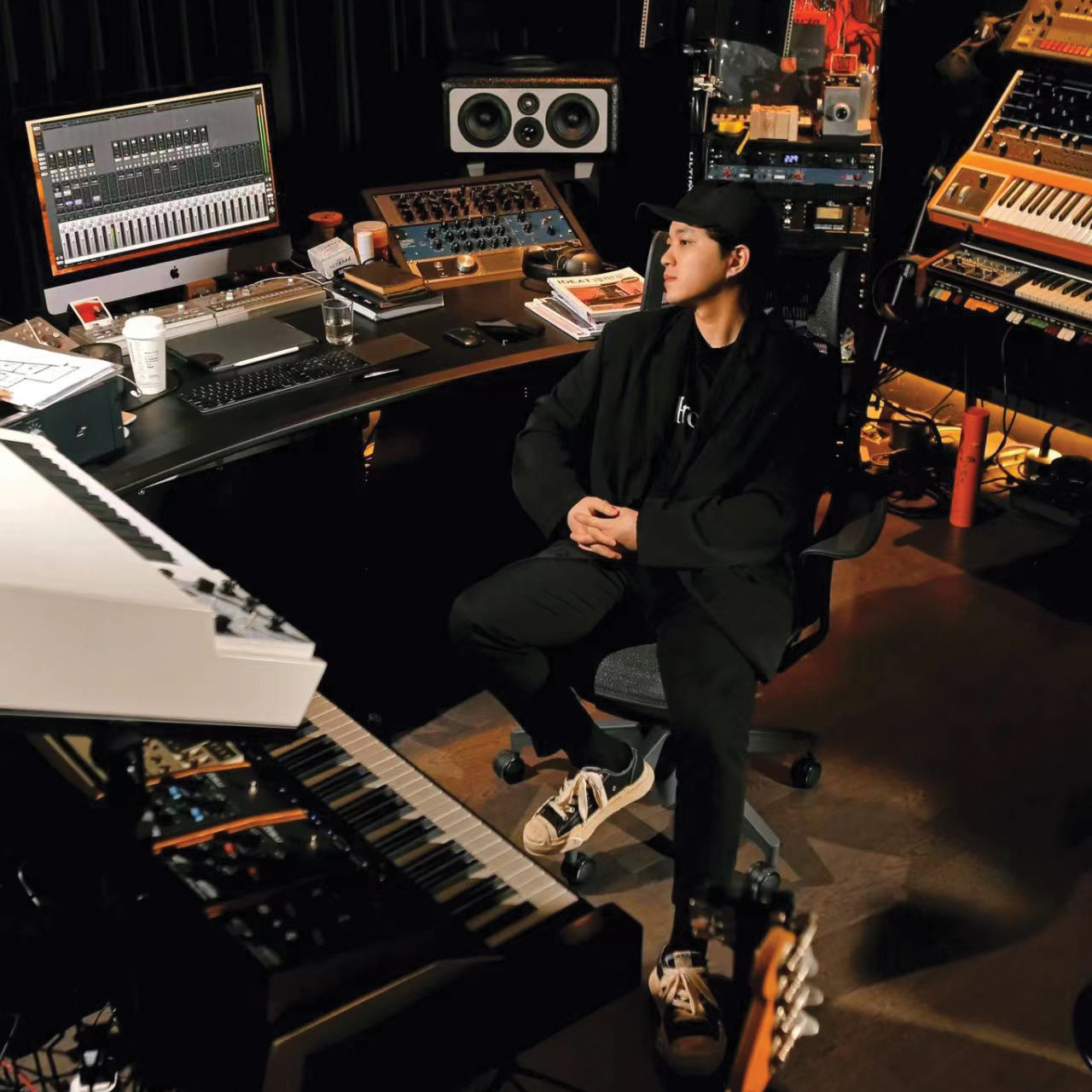
When and how would you say you became successful, or at least able to make a living from music?
“I got my first DJ gig when I was 15 years old. It was only for 200 bucks but it made me realise there’s a way to grind. To be honest I’ve always tried to do less commercial work and I almost felt like I’m somehow against making money, but trying to stay true to myself and at the same time, showing my value is a fun thing to manage. It’s hard, but to me it’s the way to do it.”
What is your production philosophy?
“I don’t read music sheets and I’ve always acted on feel. It doesn’t matter if it’s the way I hear things, or the way I play drums, or the way I produce – getting that butterfly in my gut is my cue to continue. It’s funny how you learn so many things on paper and you memorise so many music theories, and later you find out the goal is to use them as little as possible, because they are for you to solve problems.”
Tell us about the gear in your studio.
“I have a pretty big studio – it’s one big room filled with gear, and I don’t even know where to start. I have many drum sets, many vintage guitars, many guitar effects pedals, many vintage synths, many rack units, many mics… I’m really proud of all my tools. The only rabbit hole I haven’t dived down into is synth modules, and we all know how deep that one is.”
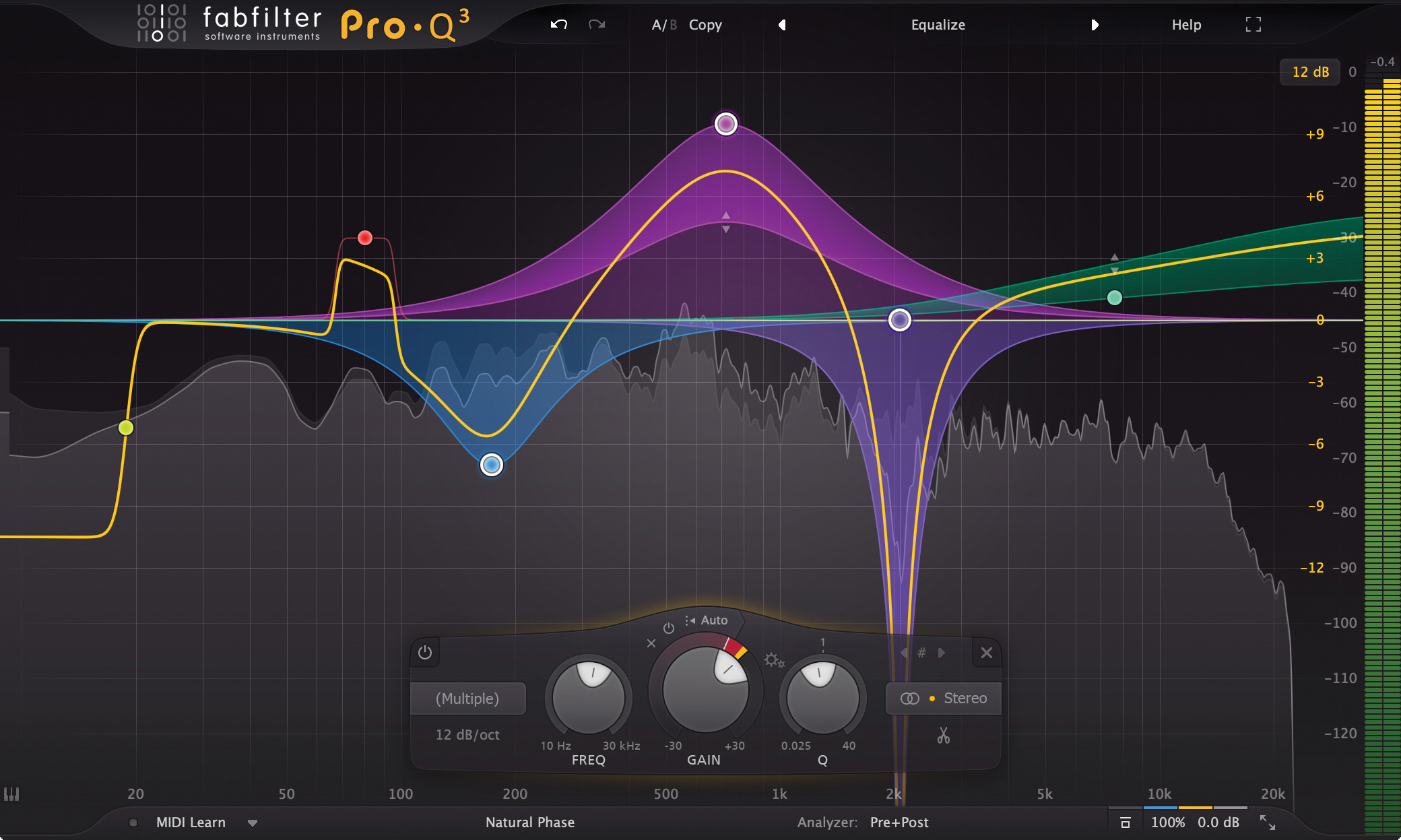
What are your favourite plugins?
“Number one has to be Pro-Q 3 by FabFilter. It’s an obvious choice, a great EQ, and can get really detailed if you need to do some vintage dynamics or side-chaining work. I can’t live without it.
“My next favourite is also a FabFilter, their Pro-L 2 limiter. I’ve used so many limiter plugins in my time and none of them really sounded as clean as the Pro-L2 – that is if you want it to sound clean.
“Next up would probably be the Universal Audio LA-2A compressor. It’s my go-to compressor for much smoother compression and it sounds good enough to my ears.
“After that I’d say iZotope’s Ozone 9 Exciter. It has seven saturation modes and four adjustable EQ bands with each band’s own Dry/Wet mix control. What’s not to like?
“Finally I’ll go with the SSL FlexVerb. It’s a new one for me, but I find myself starting to throw it on more things, the room sounds really natural, and with the right adjustments you can really blend the reverb with the dry signal, which a lot of the reverb plugins can’t really achieve.”
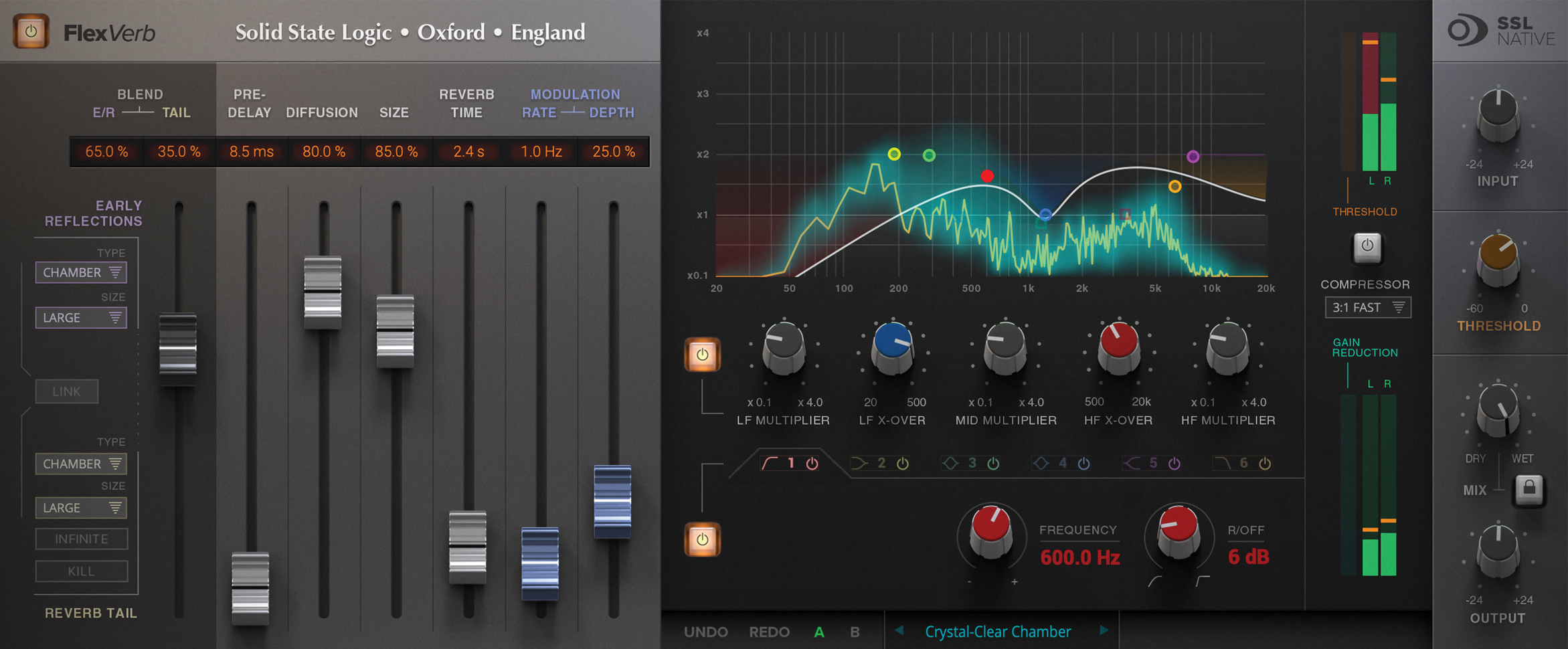
How do you tend to start a track?
“Since I’m a drummer, I usually start with the drums and the sound of the drums is the most important thing to me in a track. The sonic of the percussion can really define the backbone of a song. I almost never start with songwriting, which is not a good thing I think, because I’ll find myself being happy with an 8-hour slow-roasted production, but then my ear would get stuck, having trouble imagining vocals on it. I’m trying to get better at this!”
Do you have any production tricks?
“Lately I’ve realised that you really want to do as few surgical moves as possible. I used to over-EQ a kick, or over-multicompress a vocal, but if doing those things doesn’t have a consistent, stylising effect on your production, what you’re doing is essentially breaking the source of your sound. So I think that if you have more than two EQs on your kick, it’s better to find another kick.
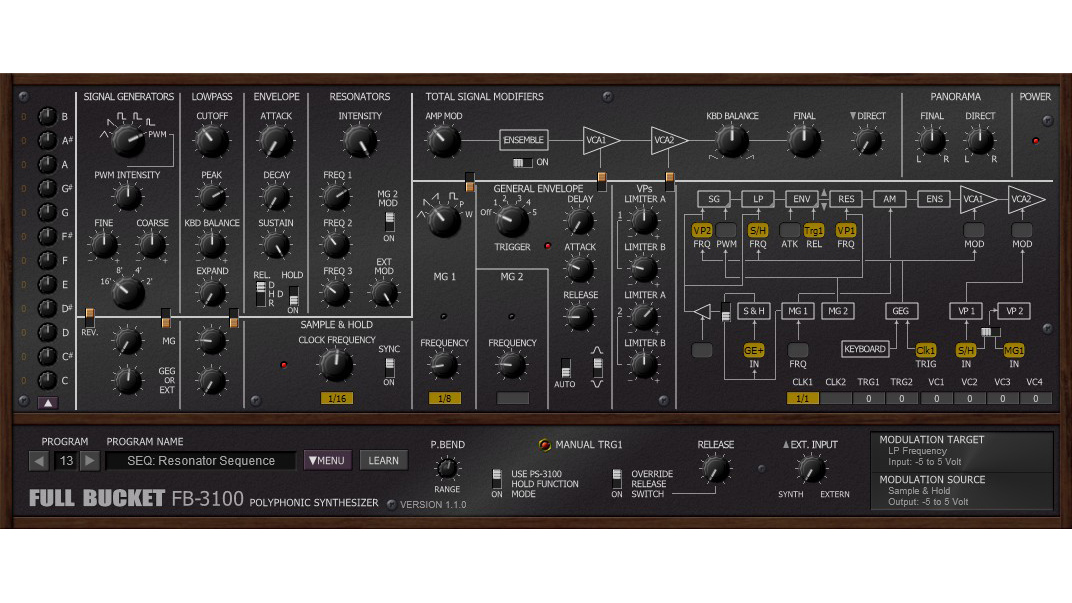
You can download a free plugin version of Korg’s PS-3100 synth
“Similarly, if you have more than two exciters on your vocal, change the microphone. You simply want different characteristics from your sound, so do that, and get another source that demands less surgical mixing. It’s easy to feel satisfied or ‘complete’ when you’ve spent an hour on a snare, but that doesn’t mean you’re getting a better result than changing to a different snare.”
How do you know when a track is done?
“I’ve had the curse of not finishing songs for years, always completing the intro-verse-pre-hook and then that’s it. The thing is I like to always listen back and mix while producing. It’s therefore really easy to get satisfied when I have the first part of the song, because it is fundamentally the idea of the song already, but I would have the hardest time trying to come up with bridges or second verses.
If you are using more than two EQs on a kick drum sound, it’s probably better to find another kick
“The way for me to solve this issue is to try not to listen back as much. You will find yourself looping a section for too long and get familiar with it; you want to have a pair of fresh ears. Also, know when to stop; you don’t have to come up with the final mix on day one, and it’s OK to just have an arrangement and call it, mix it or as I like to call it, ‘garden’ it after you know the structure is complete.”
What’s on your gear wishlist?
“I watched a video touring Òlafur Arnalds’ studio. I have to say, I’m craving my own Korg PS-3100. I spend way too much on gear, but it’s never enough. But I like having this problem – it keeps me motivated.”
What would you like to see developed in studio technology?
“We’ve got to engineer a better solution for where we put our synths! The keyboard stands that everyone uses take up too much room. The higher shelves block the panels of the lower shelves, and aren’t stable. Then there’s the fact that you only feel comfortable playing keys when the keys are at a certain height, so that subconsciously makes you use the synths closer to your chest.”
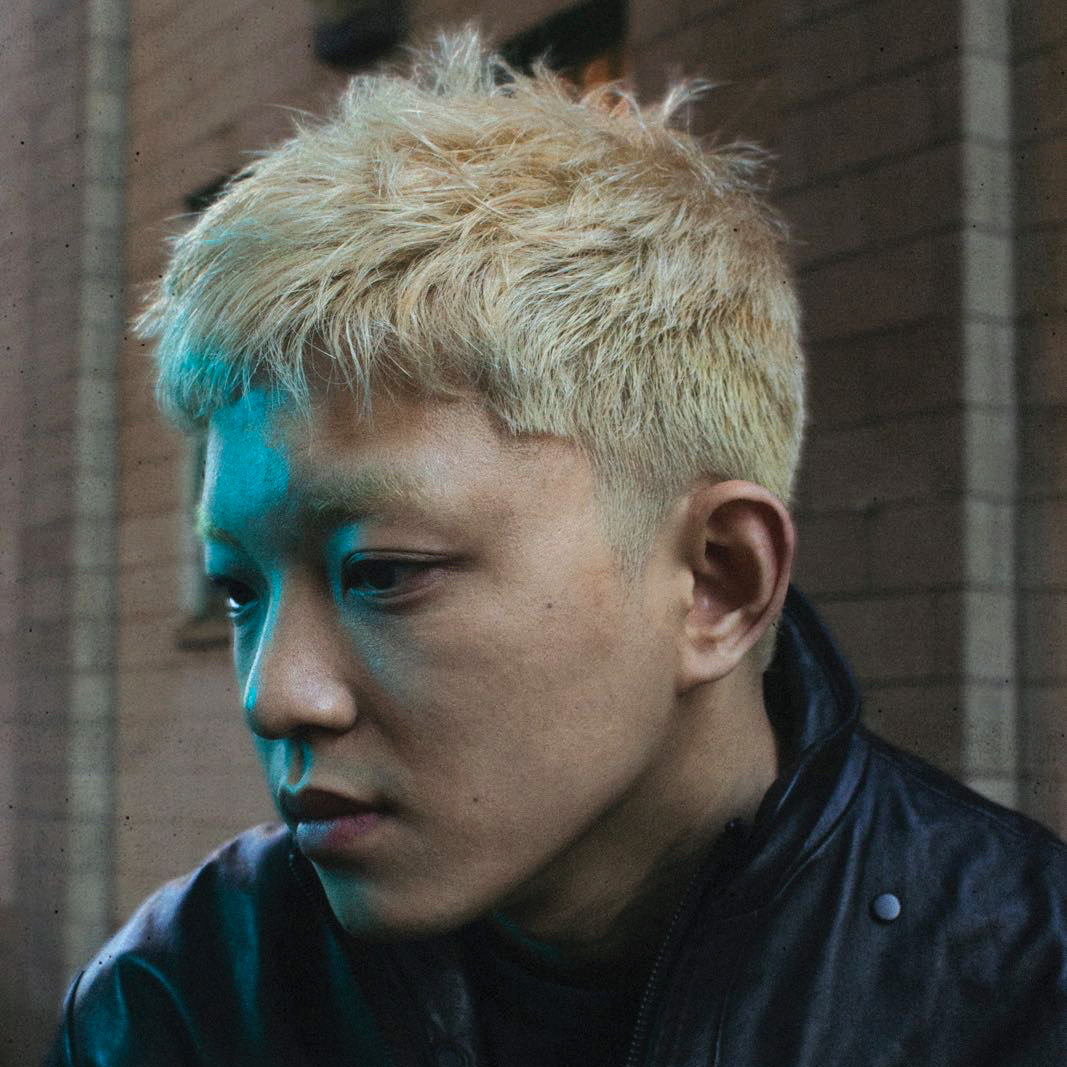
Which track do you wish you’d produced and why?
“I don’t really think that way, even if it’s a song that sounds like I could’ve produced it, and it’s doing really good. The fact that it came from someone else is always more important. It’s their act, their fan base, their career momentum, their PR, their platforms – it’s just never just about the music.”
What’s the best advice you’ve ever been given by anyone?
“Someone once told me that to understand music from a certain time, you should always look at the most popular genre at the moment as an antidote. Bebop music was the antidote to a certain thing, punk rock music was the antidote to a certain thing, dubstep is an antidote, trap music is an antidote, house music is an antidote, etc.
“Only when you find out what these music genres are antidotes to, will you see the bigger picture and understand the culture, and then reflect back on yourself.”
What else do you have planned for the future?
“I’m currently diving back into the studio and making new music. I’ve always been trying to balance the dance music side and the more indie, live music side of me, and I think my main audience haven’t really seen the non-DJ side of me yet. Figuring out how to present that is gonna be a fun new chapter.”



I'm Andy, the Music-Making Ed here at MusicRadar. My work explores the inner-workings of how music is made and frequently digs into the history and development of popular music.
Previously the editor of Computer Music, my career has included editing MusicTech magazine and website and writing about music-making and listening for a range of titles including NME, Classic Pop, Audio Media International, Guitar.com and Uncut.
When I'm not writing about music, I'm making it. I release tracks under the name ALP.